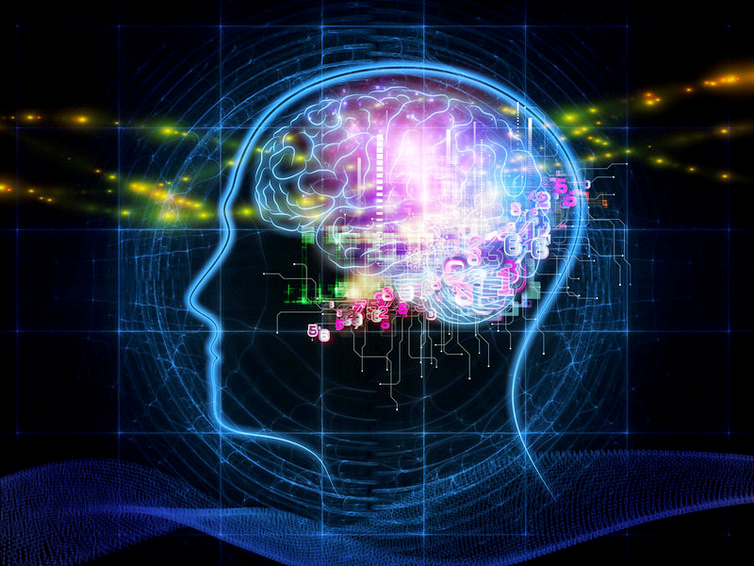Music enhances brain development in children.

As parents you have often sung a lullaby to put our baby to bed or soothed a cranky baby by singing to him or letting her get lulled by the melody of a shaker. Even the toddlers or the preschoolers delight in their much-loved songs or rhymes and the school-goers shake a leg to their favorite rhythm or sing along their preferred song. What does all these have in common? Yes. It’s the music. Music not only entertains our young ones but also has an array of benefits to offer for their development.
Psychologist Dr. Frances Rauscher and neuroscientist Gordon Shaw have conducted many studies with young children investigating the relationship between music and brain development, all of which suggest that early exposure to music increases abilities in many other areas, including math and language. Research at Brigham Young University suggests music has a positive impact on the physical development of premature infants and can promote calmness in babies. Dr. Diane Bales, Ph.D., author of “Building Baby’s Brain: The Role of Music,” says that the synapses used for classical music are similar to those used for spatial and temporal reasoning, which are skills needed for math. Just listening to classical music can “turn on” the synapses. A study published in “Nature” magazine in 1993 received an influx of attention; this study investigated college students who showed increased intelligence after exposure to music by Mozart. The so-called “Mozart Effect” was misinterpreted to suggest listening to classical music made people and even infants smarter, but research by psychologist Dr. Frances Rauscher and neuroscientist Gordon Shaw further solidified the notion that early music exposure does improve cognitive abilities.
A 2015 study from University of Queensland Australia suggests that the positive impact of engaging in informal music activities with your toddler is even greater than that of reading to him. The benefit to your child is specifically in the areas of acquiring positive social skills, attention regulation and to a lesser but still significant extent, numeracy.
Music promotes language acquisition, listening skills, memory, and motor skills. Musical experiences integrate these different skills simultaneously; resulting in developing multiple brain neural connections. Learning music has been related to better language and mathematical skills, higher IQ and overall greater academic achievement. Learning music also accelerates language development by developing other sensory abilities of hearing, reading etc.
Music –learning and playing piano has been linked to an increased grasp of proportional thinking. Learning musical instruments also involves interpreting notes and musical symbols that the brain sees to form melodies – a series of sounds that vary with time. Music making therefore enhances the brain’s “hard-wiring” for the ability to visualise and transform objects in space and time.
Our child face a lot of stress in heir initial years of school life and this stress and peer pressures often lead to depression or isolation our children. Music can be their ray of hope in these times of stress and anxiety. Music offers comfort and security in period of mental anguish. It can help them soothe themselves and may prevent them from taking any catastrophic steps.
About Author :
 |
Dr. Vishakha Jain is a Physician by profession and a medical educator. She is an independent woman striking a fine balance between her professional and personal life. She is hands-on, passionate mother of 3 year old. Evidence based approach to things makes her thoroughly research things not only in her professional arena but also when it comes to parenting.
|
- Academics (553)
- Camps And Workshop (281)
- Cinematography (4)
- Djembe (7)
- Drum (29)
- Editing Sound and Video (1)
- Enrichment (192)
- Events (47)
- Fashion Photography (1)
- Film & Photography (60)
- Gardening (1)
- Graphic Designing (5)
- Harmonium (25)
- Home Tutor (108)
- Interior Designing (5)
- MOTION GRAPHICS (2)
- Mouth organ (7)
- Piano (42)
- ROTOSCOPY (1)
- Script Writing (3)
- sitar (8)
- SOUND EDITING (1)
- Sound Eng. (1)
- Special Art (580)
- Sports & Fitness (217)
- Tabla (44)
- Theatre Acting Class (2)
- Ukulele (2)
- Uncategorized (9)
- VIDEO EDITING (2)
- Videography (1)
- Violin (27)
- Visual Effects (VFX) (7)
- Vocal Singing (71)
- Workshop (4)

